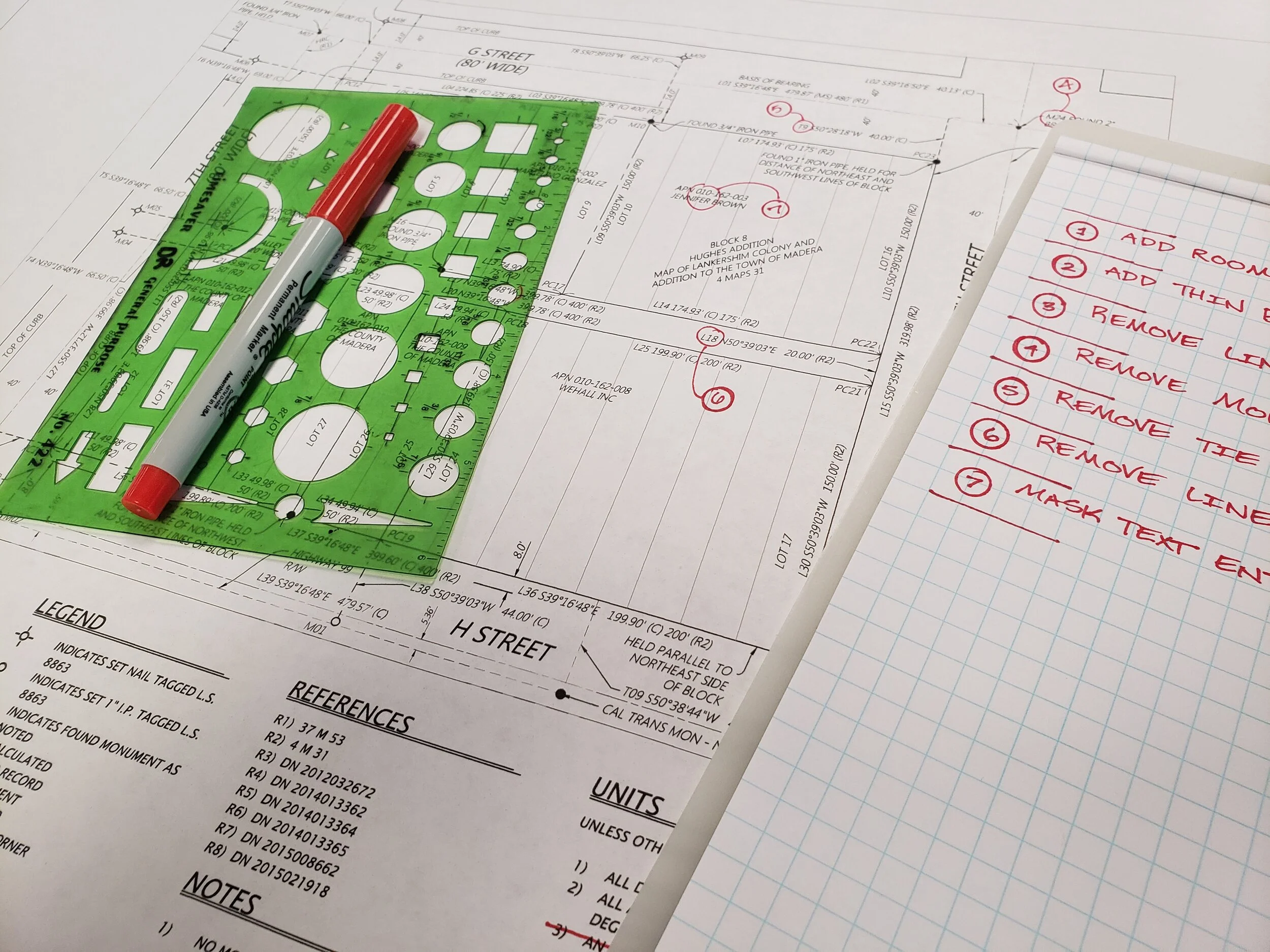Psychometric & IQ Testing
Developmental Assessments
1 ~ 42 months
Ψ Bayley Scales of Infant & Toddler Development (Bayley-III)
Tests for Developmental Sub-Domains
2 years and above
Ψ Beery-Buktenica Developmental Test of Visual-Motor Integration
(BEERY VMI)
Ψ Comprehensive Test of Phonological Processing (CTOPP-2)
Ψ Phonological Assessment Battery (PhAB2)
Tests for Adaptive Skills & Behaviours
1 month and above
Ψ Adaptive Behaviour Assessment System (ABAS-3)
Ψ Behaviour Assessment System of Children (BASC-3)
Ψ Vineland Adaptive Behaviour Scales (Vineland-3)
Tests for Autism Spectrum Disorder (ASD)
12 months and above
Ψ Autism Diagnostic Observation Schedule (ADOS-2)
Ψ Social Responsiveness Scale (SRS-2)
Ψ Autism Diagnostic Interview-Revised (ADI-R)* (screening tool)
Tests for Attention-Deficit/Hyperactivity Disorder (ADHD)
6 years and above
Ψ Conners 3rd Edition
Wechsler IQ Tests and Scales
2.5 years and above
Ψ Wechsler Preschool and Primary Scale of Intelligence (WPPSI)
Ψ Wechsler Intelligence Scale for Children (WISC)
Ψ Wechsler Intelligence Scale for Adults (WAIS)
Ψ Wechsler Abbreviated Scale of Intelligence (WASI-II)
Ψ Wechsler Individual Achievement Test (WIAT-III)
Other Intelligence/ Achievement
Tests and Scales
2 years and above
Ψ Comprehensive Test of Nonverbal Intelligence (CTONI-2)
Ψ Differential Ability Scales (DAS-II)
Ψ Stanford-Binet Intelligence Scales, Fifth Edition (SB-V)
Ψ Test of Nonverbal Intelligence Fourth Edition (TONI-4)
Ψ Wide Range Achievement Test (WRAT-4)
Personality Assessments
18 years and above
Ψ Minnesota Multiphasic Personality Inventory-3 (MMPI-3)
Wechsler Intelligence Scale for Adults (WAIS)
Designed to measure intelligence and intellectual performance in adults and older adolescents by psychologist Dr David Wechsler. The Wechsler Intelligence Scale for Adults (WAIS-IV) is in its fourth version and published by Pearson in 2008. It is the most advanced and frequently used measure of cognitive ability for adults; based on up to date neuroscientific research
The WAIS is typically used for educational placement and planning.
They are also used to assess the cognitive functioning levels in populations with brain injuries or mental illnesses.
The test contains 10 sub-tests that focuses on four domains of intelligence. The WAIS provides scores for these four domains, which are Processing Speed, Working Memory, Perceptual Reasoning and Verbal Comprehension. In addition, it also consists of 5 supplemental tests. The core tests comprise the entire IQ scale, and determines the capacity of a person to act and think purposefully and rationally and to deal effectively with his or her environment.
The WAIS is appropriate for adults and adolescents ranging from 16 to 90 years of age.
It takes around 90 minutes to complete the assessment.
Wechsler Intelligence Scale for Children (WISC)
Children may be sent for psychometric testing if parents require additional information about their child's educational or psycho-social functioning.
Testing to determine if your child is “intelligent enough”, or finding out your child's “IQ score” as a matter of curiosity, are not grounds to send your child for an intelligence assessment. Results from subsequent assessments may lead to an inaccurate reflection of your child's cognitive abilities and nullify subsequent test results, especially if your child is re-tested on the same instrument.
For example, intelligence tests may help to diagnose any learning disabilities your child may face.
An IQ assessment is compulsory for entry to a special needs school in Singapore.
We administer the Wechsler intelligence Scale for Children – Fifth Edition (WISC-V), which assesses a child's cognitive abilities including verbal ability, visual spatial processing, fluid reasoning, working memory, and processing speed. It can be completed without any reading or writing.
The overall IQ score is not as important as understanding the profile of your child's cognitive strengths and weaknesses on a holistic basis. Only through a good understanding of your child's strengths and weaknesses will a parent be able to direct appropriate resources to helping him or her. For this reason, IQ assessments are always conducted and interpreted by an experienced clinical or educational psychologist.
The WISC is appropriate for children ranging from 6 to 16 years of age.
It takes around 60 minutes to complete the assessment.
Wechsler Preschool and Primary Scale of Intelligence (WPPSI-IV)
If you have spotted signs of intellectual giftedness in your child, or have other concerns about your child’s intellectual functioning in the verbal, visual spatial processing, fluid reasoning, working memory and/or processing speed domains, you may wish to consider the Wechsler Preschool and Primary Scale of Intelligence (WPPSI-IV).
The primary aim of obtaining an IQ assessment at such an early age is to enable parents and caregivers to have a fuller appreciation of their child’s intellectual abilities and to be able to support their child is a specific and targeted way.
WPPSI comprises various subtests designed to assess your child’s cognitive abilities. A composite score will be calculated for each cognitive domain general intellectual ability (i.e. Full Scale IQ).
WPPSI is often combined with other psychometric assessments such as the Wechsler Individual Achievement Test (WIAT-III) to provide a fuller picture of your child’s intellectual and academic functioning.
As we mentioned above, the overall IQ score is never as important as the roadmap into your child’s functioning that a detailed IQ report provides. Our experienced psychologist will always explain the results in detail and what they mean to you and your child.









